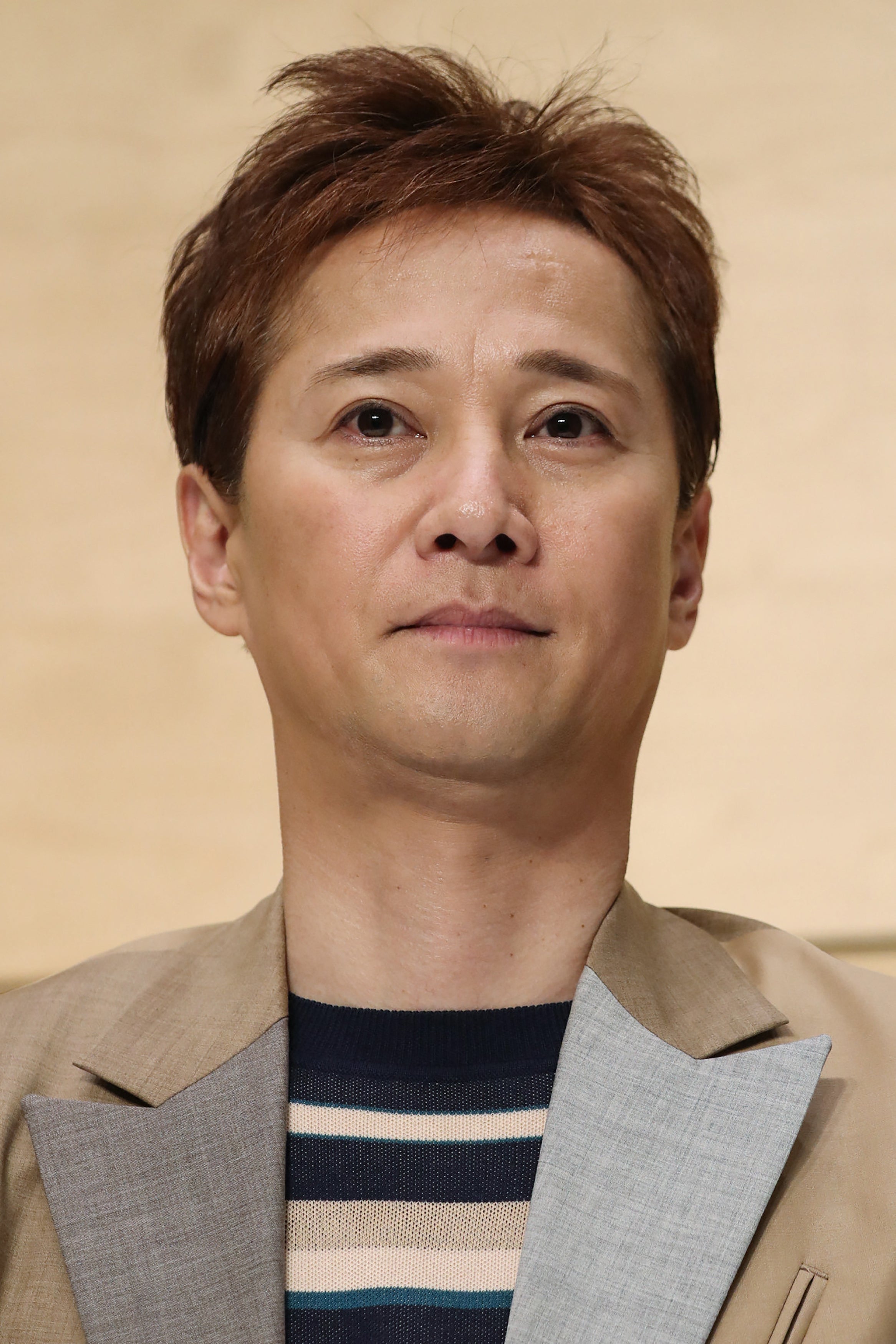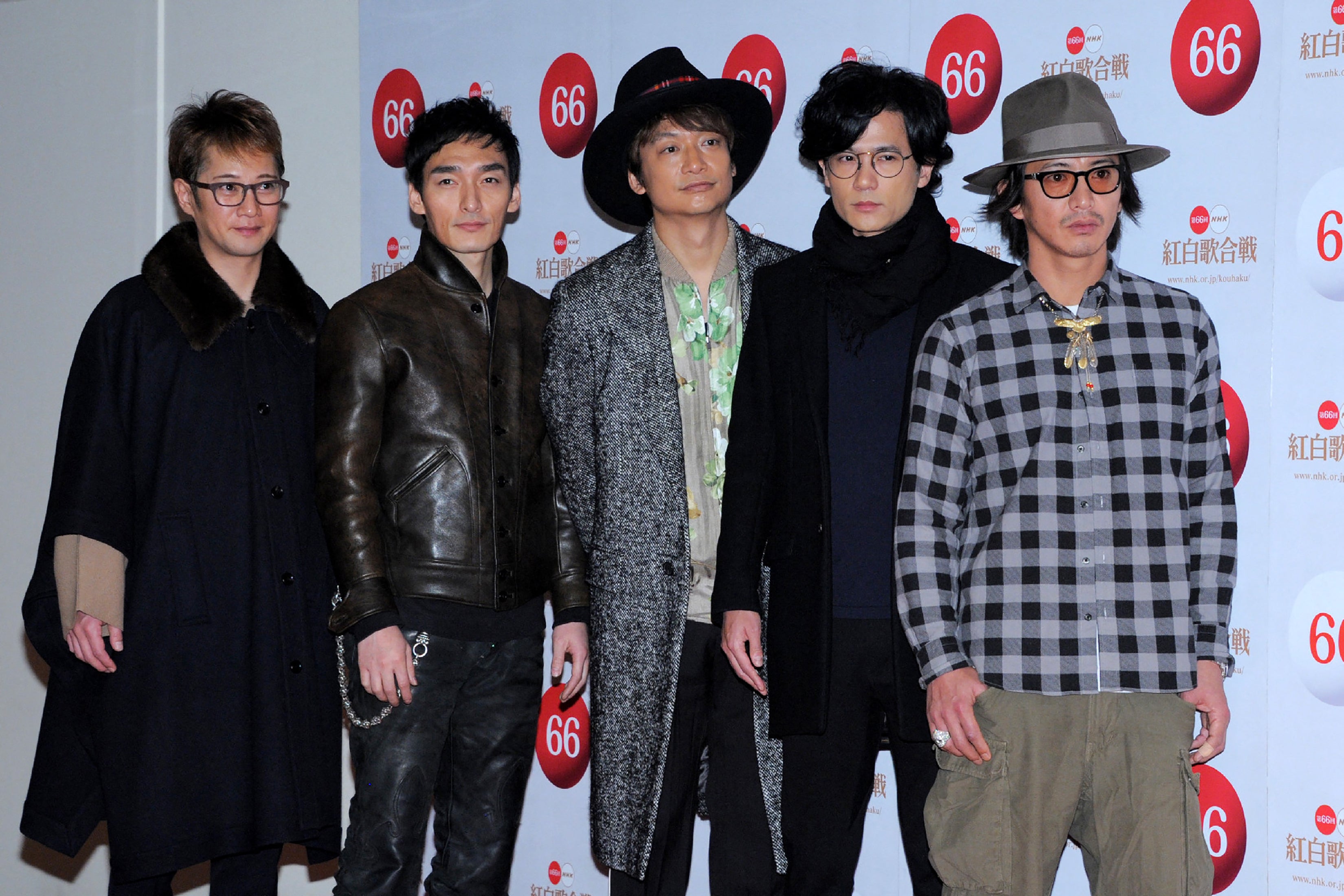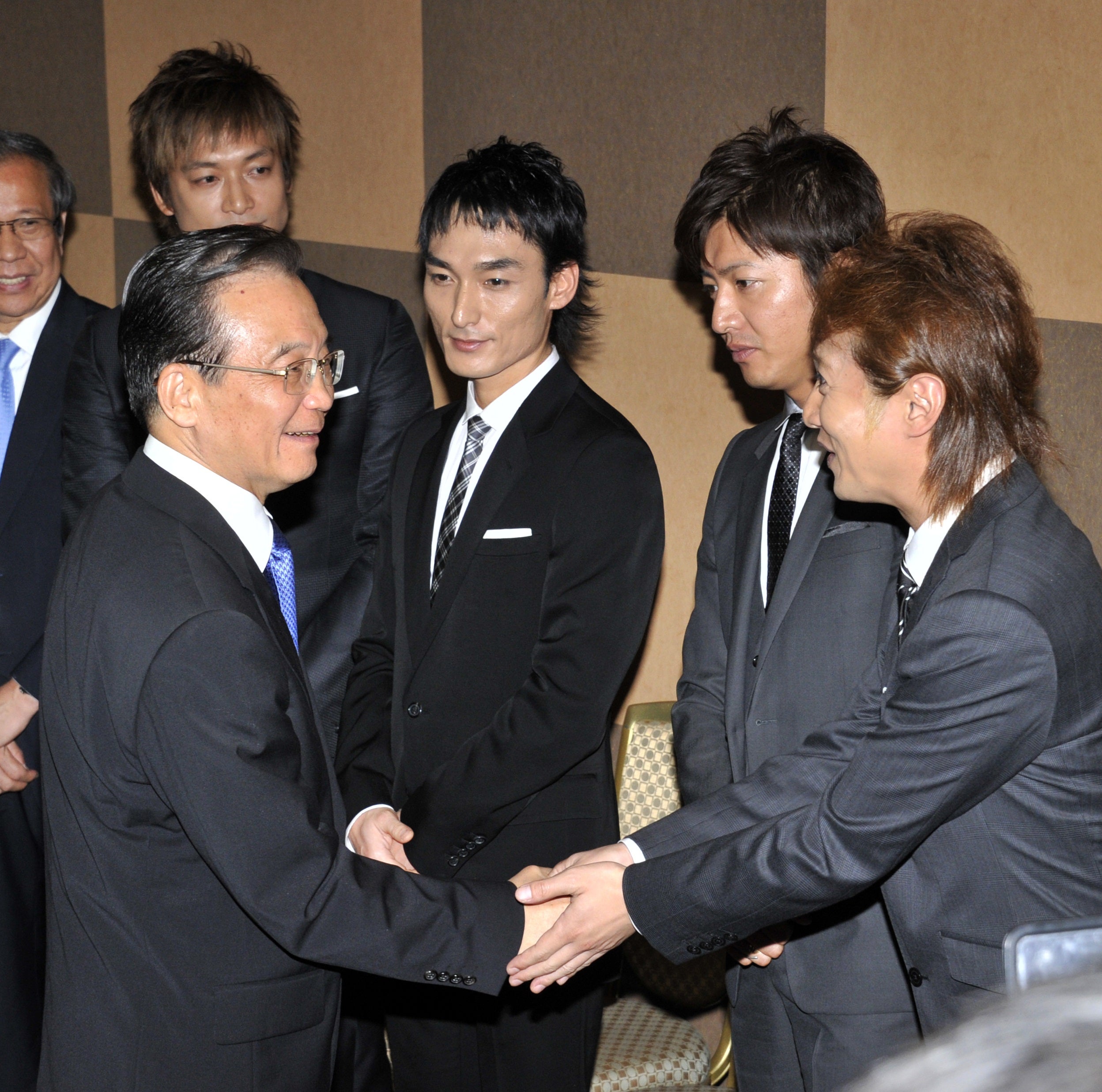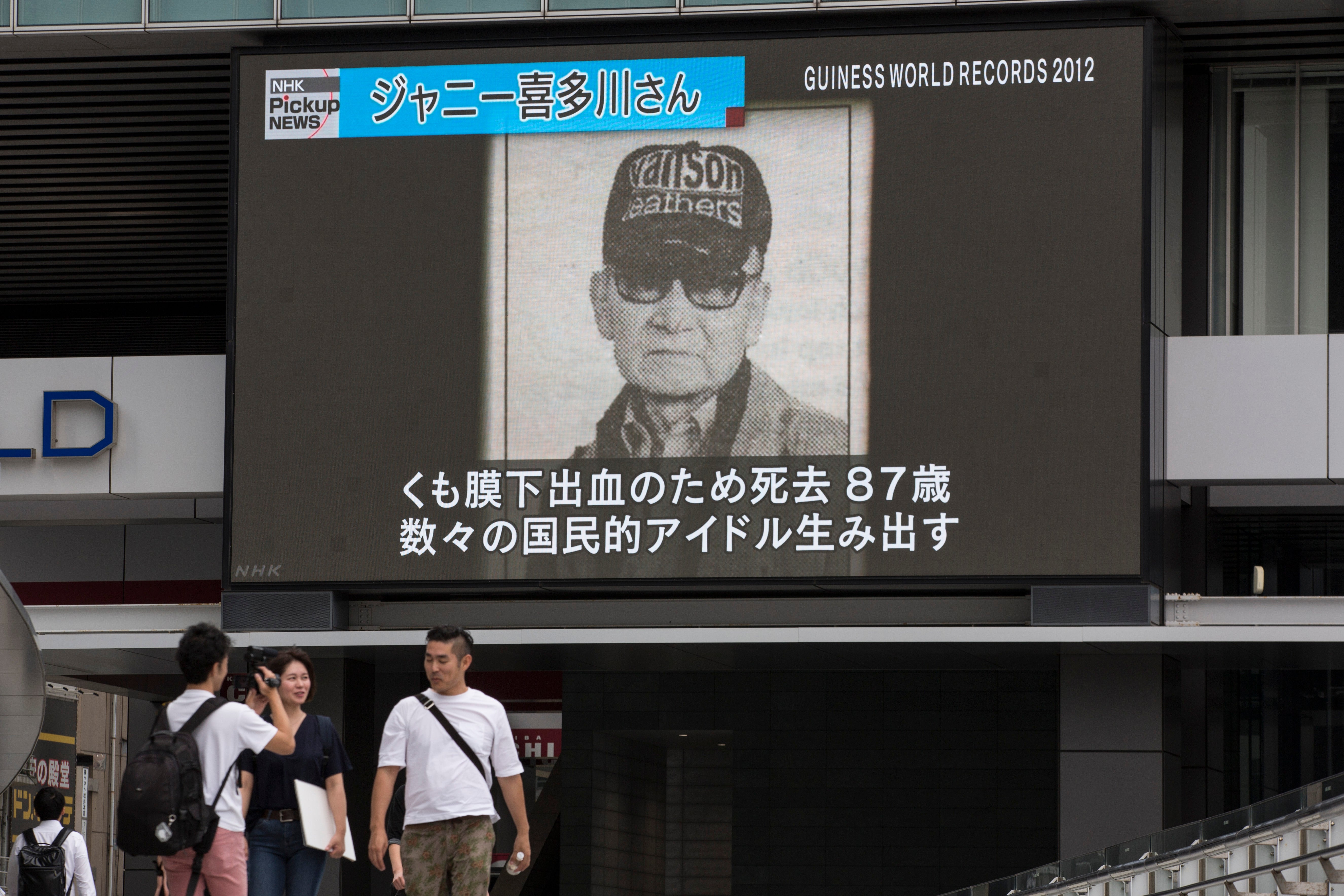Japan’s Fuji TV is grappling with a major crisis over its handling of a sexual assault scandal surrounding star presenter Masahiro Nakai, with at least 50 companies pulling their advertisements from the broadcaster.
The scandal was first reported on 19 December in weekly magazine Josei Seven, which alleged that the sexual assault occurred last year at a dinner attended by former boy band member Nakai and a Fuji TV executive.
The executive backed out of the dinner, leaving Nakai alone with a woman where “a serious problem arose between the two behind closed doors, escalating into trouble”, according to the South China Morning Post.
The victim has accused Nakai of committing “sexual acts against her will” in the magazine reports.

Weekly magazine Shukan Bunshun reported in the same month that Nakai paid ¥90m (£471,960) as a settlement after a “dispute”.
In a statement on 9 January, Nakai said he had “gotten into trouble” and that it happened “due to my inadequacies”. The statement added that “the case has been resolved following a settlement through attorneys for both parties”, according to a translation by The Mainichi.
“In this trouble, there was no violence such as raising a hand as reported in some media. With the settlement reached, I am able to continue my entertainment activities without issue going forward,” the statement read.
Fuji TV denied Shukan Bunshun’s report that their employee had been involved, and Nakai’s statement said there “was no involvement of parties other than those concerned in this case”.
Nakai was a member of the five-member boy band SMAP, created in 1988 by music producer Johnny Kitagawa. After debuting in 1991, SMAP quickly became one of the most successful boy bands in Asia, often referred to at the time as a “national treasure” by the Japanese.

After the group disbanded in December 2016, Nakai continued working in the entertainment industry as a television presenter.
He is credited with changing the Japanese entertainment industry, becoming the first non-comedian celebrity to have a career as a television host and expanding perceptions of what a boy band member can do. He is one of the highest-paid celebrities in Japan, and was once identified as the highest tax payer in the Japanese entertainment industry by the Japanese National Tax Bureau in 2003.
On 14 January, US-based activist fund Dalton Investments, a shareholder of Fuji TV, criticised the broadcaster’s lack of transparency and demanded a third-party committee to investigate what really happened.
“The uproar created by Mr Masahiro Nakai ... reflects not only a problem in the entertainment industry generally, but, specifically, it exposes serious flaws in your corporate governance,” Dalton Investments stated in a letter it sent to Fuji TV’s board via its affiliate, Rising Sun Management, according to a translation by The Japan Times.
“The lack of consistency and, importantly, transparency in both reporting the facts and the subsequent unforgivable shortcomings in your response merit serious condemnation that serves not only to undermine viewer trust, but also leads directly to erode shareholder value. As one of your largest shareholders, controlling over 7 per cent of the company’s stock, we are outraged!”

On 17 January, Fuji TV held a press conference where president Koichi Minato admitted the network knew about the allegations at least six months before the Shukan Bunshun report but failed to act, according to media reports. He announced that a third-party committee had been established to investigate the allegations.
However, the “hastily convened news conference” did more harm, with few journalists allowed in, reported The Japan Times, and Minato’s refusal to answer questions from the press, citing the investigation and privacy.
“It was so obvious that this press conference was a blatant attempt to hide something, an attempt to buy time – it was purely done for the sake of saying that they have done it,” said Tomoaki Koso, an expert at risk management firm Riskdesign.
At least 50 companies, including Toyota Motor Corp, East Japan Railway Co, Shiseido Co, and Nippon Life Insurance, have now suspended advertising on the broadcaster.
Tokyo Broadcasting System Television also announced on Monday that it was ending a show that featured Nakai, and had begun an internal investigation to see if similar incidents had been committed internally by their own employees, though it has “not been aware of any issues so far”.
Nakai’s actions and Fuji TV’s handling of the fallout of the scandal has sparked widespread criticism, with experts and the general public questioning the industry’s seemingly lax attitude to sexual crimes and drawing parallels with Johnny Kitagawa’s longtime sexual abuse of young boys.

Kitagawa, who founded the Johnny & Associates talent agency, managed some of Japan’s biggest boy bands and even held the Guinness World Records for the most No 1 artists, the most No 1 singles, and the most concerts produced by an individual.
In 2023, a BBC documentary about Kitagawa, titled Predator: The Secret Scandal of J-Pop, renewed attention into allegations that had followed the music mogul for years that he had sexually abused hundreds of young boys hoping to make it in the Japanese music industry.
Kitagawa faced several allegations of sexually abusing young boys who were signed to his agency between 1988 and 2000, which were all ignored by mainstream media. No criminal charges were ever filed against Kitagawa, who died in 2019 at 87.
Last year, his agency revealed that 478 people had claimed to be Kitagawa’s victims, with 325 seeking compensation, and about 150 were former talents signed to the agency.
The Independent has reached out to Nakai and Fuji TV for comment.







